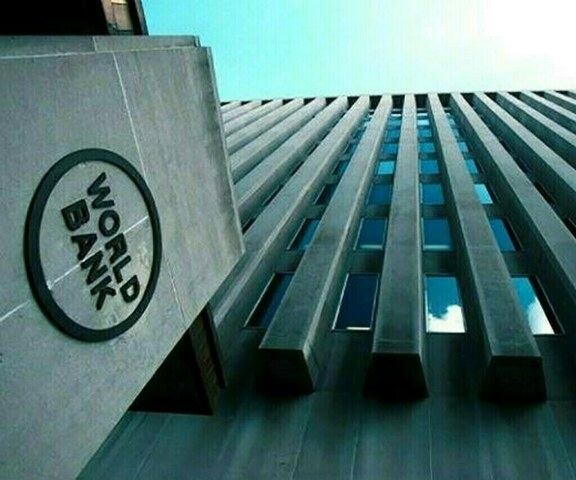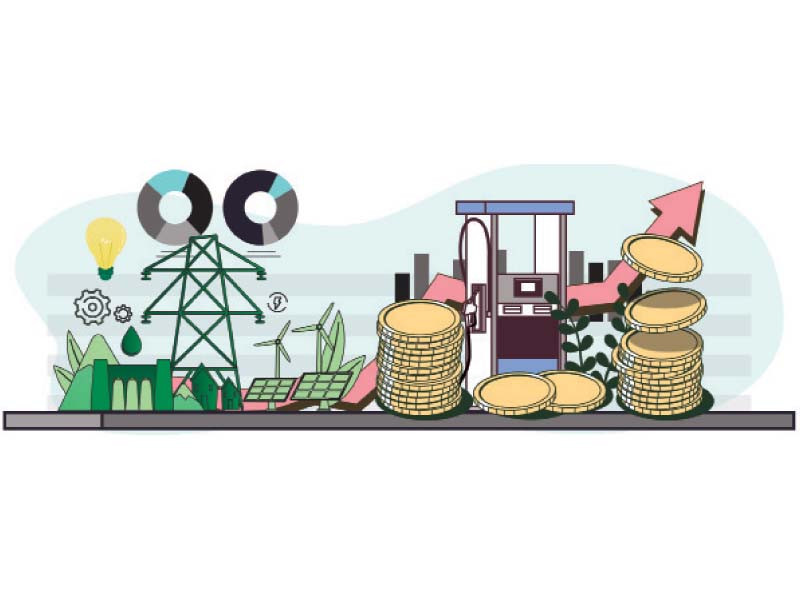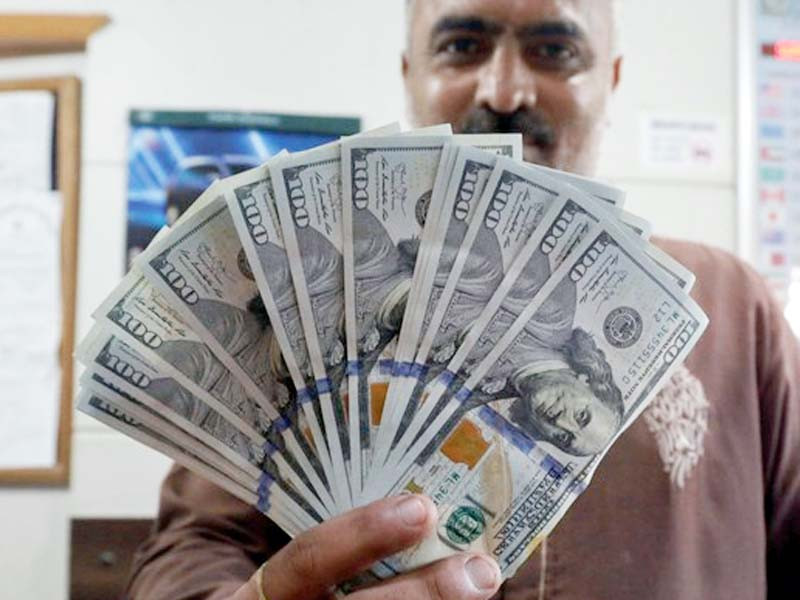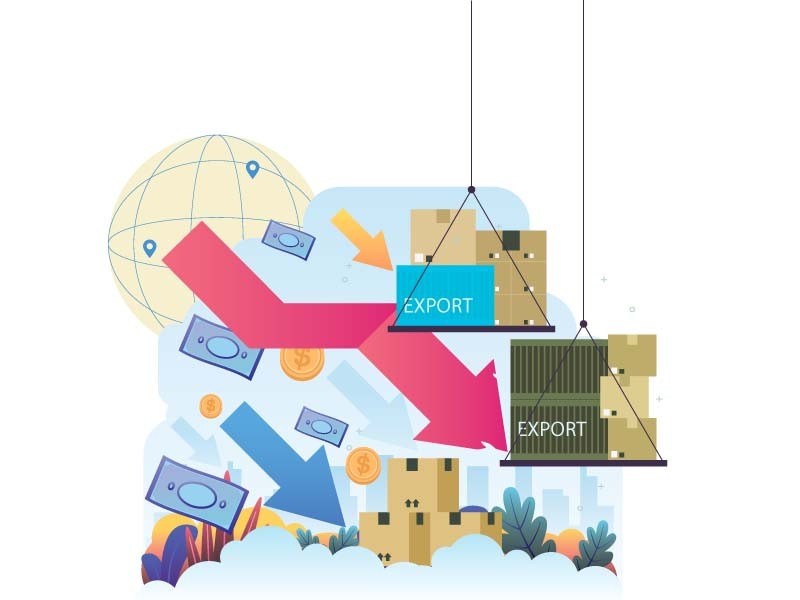Skull and Bones
ELITE MEMBER

- Joined
- Jan 29, 2011
- Messages
- 18,601
- Reaction score
- -4
- Country
- Location
Purchasing power of people is going to go down drastically. And if there is any natural calamity, then it could put people close to starvation.
Follow along with the video below to see how to install our site as a web app on your home screen.
Note: This feature may not be available in some browsers.

Purchasing power of people is going to go down drastically. And if there is any natural calamity, then it could put people close to starvation.

PP already hurting the lower middle class and the poor.Purchasing power of people is going to go down drastically. And if there is any natural calamity, then it could put people close to starvation.
At present, Pakistan is similar to other distressed economies in PP:Purchasing power of people is going to go down drastically. And if there is any natural calamity, then it could put people close to starvation.

| Africa | 6,974 | 2023 | 6,498 | 2022 | 5,400 | 2021 |

| Africa | 6,894 | 2023 | 5,893 | 2022 | 4,900 | 2021 |

| Asia | 6,836 | 2023 | 6,437 | 2022 | 5,200 | 2021 |

| Asia | 6,688 | 2023 | 6,200 | 2021 | 5,600 | 2021 |

| Africa | 6,569 | 2023 | 5,764 | 2022 | 4,700 | 2021 |





Inflation has hit the poor and the lower middle classes the elite and the upper middle class think that things are normal. The restaurants and malls in Karachi DHA and KDA are enjoying great business.
Economic model ‘flops’: Poverty hits 39.4pc mark, say World Bank officials
ISLAMABAD: Pakistan’s current economic development model is no longer reducing poverty and provides few benefits to...www.brecorder.com
Inflation has hit the poor and the lower middle classes the elite and the upper middle class think that things are normal. The restaurants and malls in Karachi DHA and KDA are enjoying great business.

Inflation has hit the poor and the lower middle classes the elite and the upper middle class think that things are normal. The restaurants and malls in Karachi DHA and KDA are enjoying great business.
View attachment 955724

Inflation has hit the poor and the lower middle classes the elite and the upper middle class think that things are normal. The restaurants and malls in Karachi DHA and KDA are enjoying great business.
View attachment 955724

There has been protests against electricity bills and petrol prices in the cities esp Karachi but were not sustained. People are angry.But but the generals were going to fix the economy?
Remember how the Western powers used to lecture us how terrible the economy was during Imran Khan's days. They are incredibly muted today.
What I find incredibly inconceivable is how the Pakistanis are taking this without any protest.








